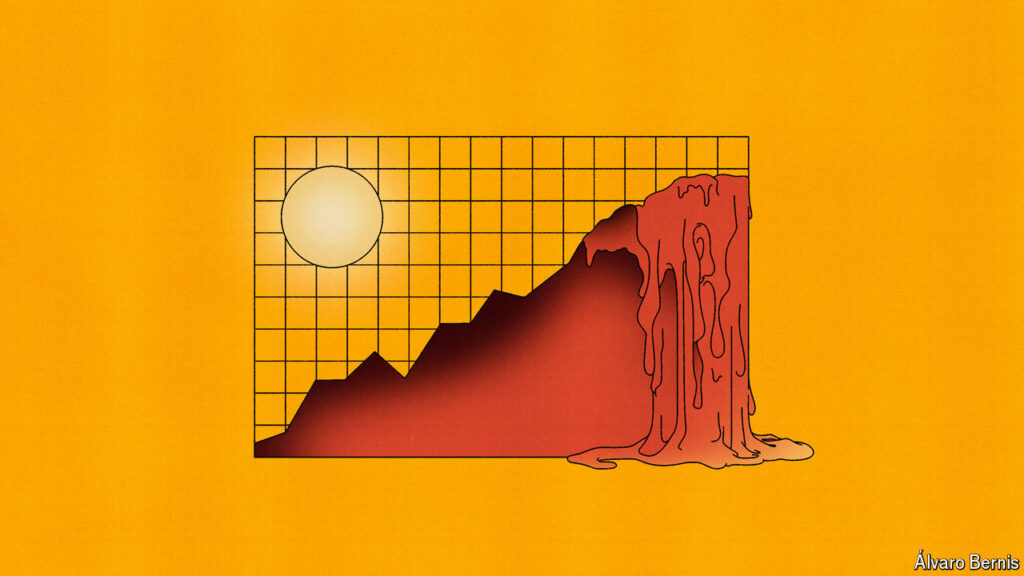William Nordhaus, a Nobel prize-winning economist, developed a model that examined the relationship between the economy and the atmosphere. In his model, he included a “damage function”, which estimated the harm caused by an increase in temperature. Nordhaus described the costs of climate change as “terra incognita”, representing unknown territory, in contrast to the “terra infirma” of the costs associated with preventing climate change. Initially, Nordhaus estimated that a 3°C rise in temperature would result in a 1-2% loss in global GDP, based on limited information and data available at the time.
However, a recent working paper by Diego Känzig of Northwestern University and Adrien Bilal of Harvard University challenges Nordhaus’s earlier estimates. Känzig and Bilal utilized historical data on temperature fluctuations caused by volcanic eruptions and El Niño events to analyze the impact of a warmer planet on the global economy. By examining long-term data on economic growth and average annual temperatures, they concluded that a 1°C rise in temperature would lead to a significant 12% decline in GDP.
Moreover, the research conducted by Känzig and Bilal suggests that a scenario with more than 3°C of warming would have catastrophic consequences, akin to facing the challenges of a never-ending war. This new perspective highlights the urgency of addressing climate change and its potential economic ramifications. The findings of the working paper emphasize the need for immediate action to mitigate the impacts of global warming on the economy and society as a whole.
The study conducted by Känzig and Bilal sheds light on the significant and far-reaching implications of climate change on the global economy. By using historical data and advanced modeling techniques, the researchers were able to provide a more accurate estimation of the economic costs associated with rising temperatures. Their findings challenge previous assumptions and underscore the importance of addressing climate change with a sense of urgency.
In conclusion, the research conducted by Känzig and Bilal highlights the severe economic consequences of climate change. The projected 12% decline in GDP for every 1°C rise in temperature serves as a wake-up call for policymakers, businesses, and individuals to take immediate action to combat global warming. The findings of the working paper emphasize the need for proactive measures to mitigate the impacts of climate change and safeguard the future of the global economy. As we navigate the challenges posed by climate change, it is essential to prioritize sustainability and environmental protection to ensure a stable and prosperous future for all.












